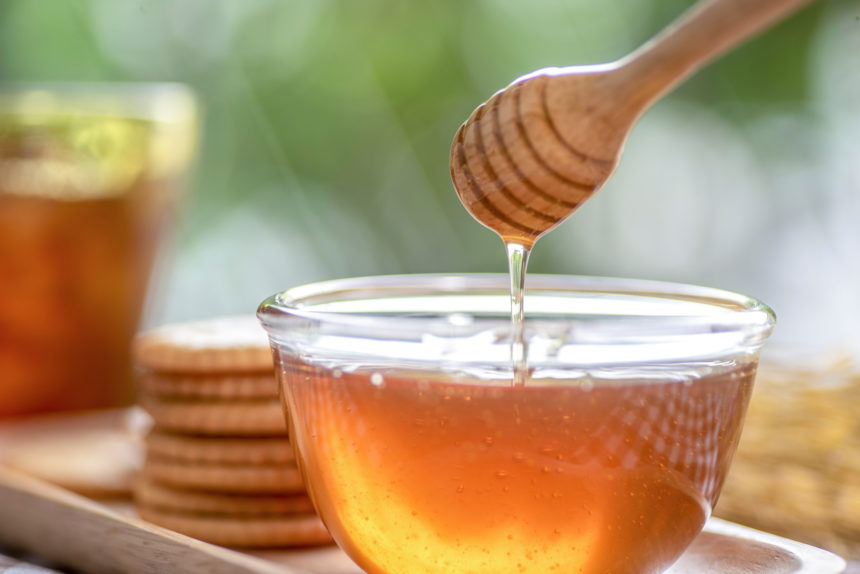
A traditional remedy appears to relieve symptoms of upper respiratory infection better than usual care, according to a study from the University of Oxford published this week in BMJ Evidence-Based Medicine.
Investigators analyzed data from 14 clinical trials involving 1,761 patients. Honey was 36% more effective in treating coughing and 44% better at reducing coughing severity than traditional remedies studied. These included over-the-counter cold and sinus medicines as well as antibiotics (which often are prescribed due more to patient demand than effectiveness). There was “moderate evidence” that honey is successful in relieving other cold symptoms such as sore throat, and it also was linked to a two-day reduction in infection, the researchers reported.
Honey’s potency as a cold remedy likely is due to two key factors, wrote lead author Hibatullah Abuelgasim, a student at the University of Oxford Medical School: It contains bacteria-killing hydrogen peroxide and is just the right consistency to coat the mouth and throat.
The researchers hope that their results give clinicians an evidence-based treatment option.
“When clinicians wish to prescribe for upper respiratory tract infections, we would recommend honey as an alternative to antibiotics. Honey is more effective and less harmful than usual care alternatives and avoids causing harm through antimicrobial resistance,” they concluded.
Upper respiratory tract infections are the most frequent reason for antibiotic prescription in primary care, according to prior studies.



